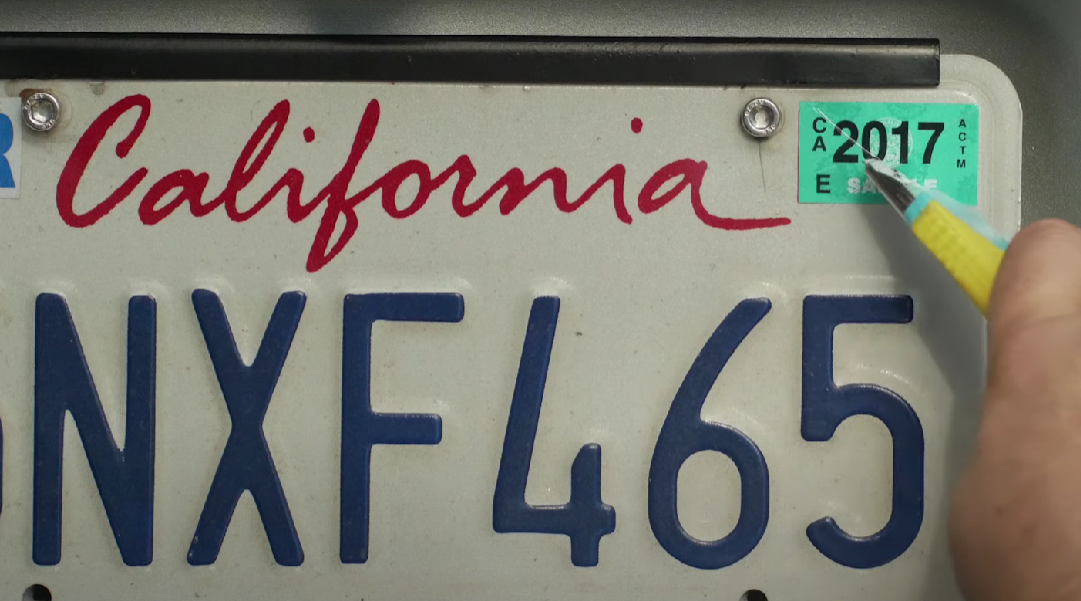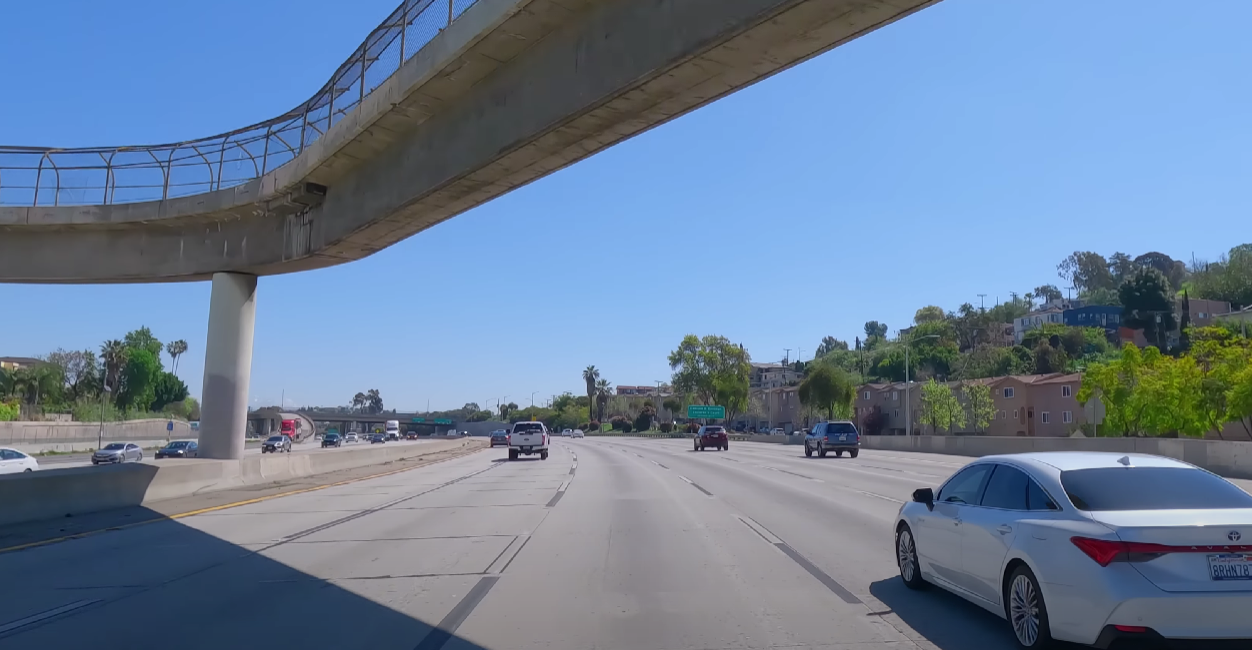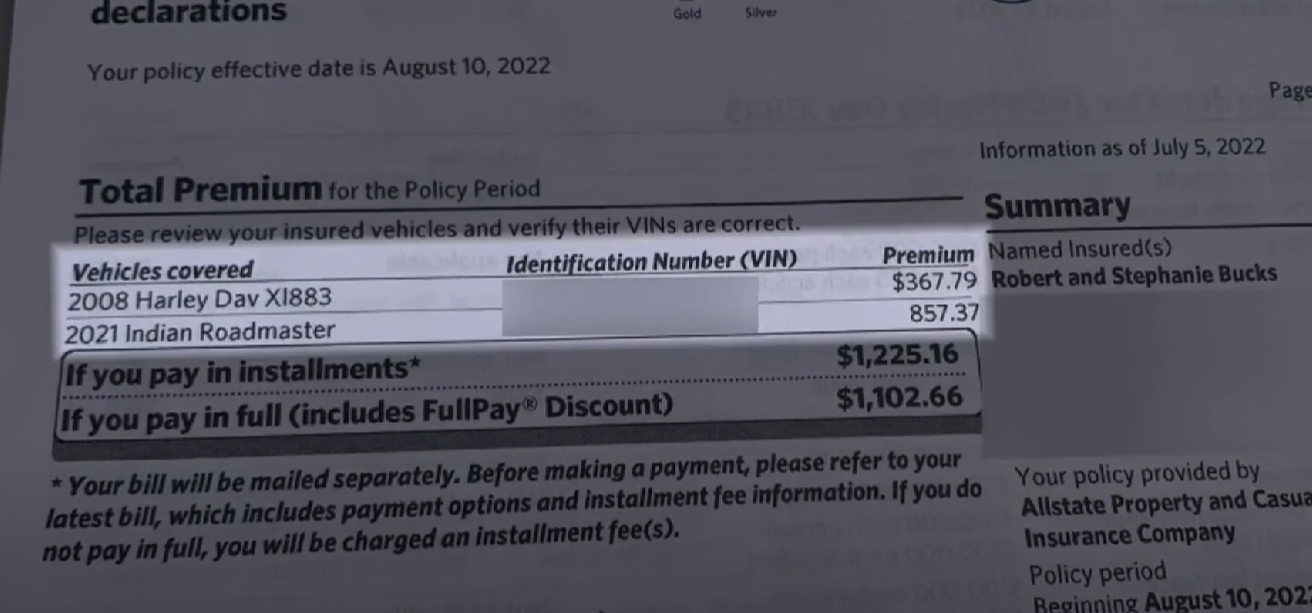Navigating vehicle registration in California involves several expenses beyond the vehicle’s purchase price. These costs cover various aspects, ensuring compliance with state regulations.
To gain a clear picture of what to expect when registering your car, let’s delve into the breakdown of essential expenses and fees involved.
How Much Does It Cost to Register a Car in California?
In California, the average vehicle registration fee stands at roughly $62, alongside a $50 license plate fee, a $20 smog transfer fee, and $2.50 in taxes. Expect extra charges like the “registration surcharge” in certain counties, potentially raising the total to $98.
Registering a new vehicle from a dealership may involve a one-time “vehicle license fee,” ranging from $25 to $175. Custom services like personalized plates come with added costs on top of standard fees.
How to Register a Car in California?
As a New Resident of the State
Upon becoming a new state resident, you must settle your California car registration fees within 20 days through the DMV. Delaying this step incurs both late fees and standard registration costs. Here’s a brief overview of the process:

- Complete Form REG 343 (Application for Title or Registration)
- Keep your former state’s registration and title ready
- Provide proof of current insurance
- Acquire a smog and emissions certificate (if needed)
- Fulfill the necessary payment of fees
In this procedure, a DMV representative will conduct a VIN inspection for your car. Assuming a smooth process, you’ll receive a registration card, along with plates and stickers for your vehicle.
If You Purchased Your Car From a Dealership
Buying a car from a California dealership is the simplest route. Typically, dealerships offer a concierge service, managing the entire registration process. They’ll even give you a ‘temporary certificate of registration’ which will be valid until your official DMV registration arrives.
If You Purchased Your Car From a Private Party
Private party sales are on the rise, with platforms like Facebook Marketplace becoming popular for car transactions. While convenient, buying from a private seller can complicate registration.
Within 10 days of purchase, California demands immediate registration with the DMV to avoid accruing hefty late fees. Registering must be done in person. Follow these steps:

- Set up an appointment (link provided)
- Fill out form REG 343 (title or registration application)
- Prepare the vehicle’s title
- For cars under 10 years, record odometer reading
- For cars over 4 years, present a smog certificate
- Pay the necessary registration fees
What Factors Affect the Cost of Registering a Car in California?
Registering a car in California involves various expenses beyond the vehicle’s purchase price. Understanding the factors that contribute to the overall cost is essential for anyone navigating the registration process in the state.
From basic registration fees to additional charges, several factors influence the total amount you’ll pay to ensure your vehicle’s legal compliance on California roads.
Registration Type and Weight Class
The type of registration and the weight class of your vehicle significantly impact the registration cost. California offers various registration options, including passenger vehicles, commercial vehicles, and motorcycles.
Additionally, vehicles are categorized based on their weight class, with higher fees for heavier vehicles. Therefore, the purpose and weight of your vehicle play a fundamental role in determining the base registration fee.
County-Specific Fees
While there is a standardized registration fee, some counties in California impose additional fees known as “registration surcharges.” These county-specific charges vary, leading to differences in registration costs across regions.

This factor is particularly crucial for residents who relocate within the state, as moving to a different county might result in a change in registration expenses.
Vehicle Age and Value
The age and value of your vehicle can impact the cost of registration. For instance, newer vehicles might incur higher fees due to their higher market value. However, some discounts might be applicable for older vehicles.
Understanding how vehicle age and value influence registration costs can help you anticipate expenses more accurately.
Smog and Emissions Requirements
California’s stringent smog and emissions standards can affect the cost of registering your vehicle. Vehicles older than four years generally require a smog and emissions certificate to complete the registration process.
Ensuring your vehicle complies with these standards might involve maintenance or repairs, which can contribute to the overall cost of registration.
License Plate and Plate Transfer Fees
Acquiring license plates or transferring them from a previous vehicle can lead to additional fees.

California charges a license plate fee, which might differ based on factors such as the type of vehicle and the license plate design chosen. If you’re transferring plates from another vehicle, there may be associated fees as well.
Personalized Plates and Optional Services
Opting for personalized license plates or other optional services can add extra costs to your registration expenses. While these services allow for customization, they come with their fees.
It’s important to consider whether the benefits of personalized plates or additional services outweigh the additional expenses.
Late Registration Fees
Timeliness is crucial when registering your vehicle in California. Failing to complete the registration process within the specified time frame can lead to late fees.
The state gives new residents just 20 days to register their vehicles, while private party buyers have a mere 10 days. These late fees can accumulate and significantly increase the total cost of registration.
What Are the Late Car Registration Fees in California?
Failure to meet the stated deadlines (20 days for new residents and 10 days for private sales) results in accumulating late fees, which grow as the duration of delay increases.

Vehicle Registration Late Fee Penalties
- $30 for delays of less than 1 year
- $50 for delays of 1 to 2 years
- $100 for delays exceeding 2 years
California Highway Patrol Late Fee Penalties
- Less than 1 year delay: $30
- 1 to 2 years delay: $50
- More than 2 years delay: $100
What Are the Benefits of Registering a Car in California?
Registering a car in California is a mandatory process, but it also comes with several benefits beyond mere compliance. While the primary purpose of registration is to ensure that vehicles meet legal requirements for operation, there are additional advantages that car owners can enjoy as they navigate the state’s registration process.
Legal Compliance and Avoidance of Penalties
One of the most significant benefits of registering a car in California is ensuring legal compliance. Operating an unregistered vehicle can result in hefty fines and legal consequences.
By registering your car promptly, you avoid the risk of facing penalties, which can save you both money and potential legal hassles.
Access to Roads and Services
Registering your car is essential for gaining access to California’s roadways and utilizing public services. Proper registration allows you to drive your vehicle without the fear of being stopped by law enforcement or facing difficulties when interacting with government agencies.

Proof of Ownership
Registration provides tangible proof of ownership of your vehicle. This documentation can be crucial in various situations, such as selling your car or applying for insurance. Having an official record of ownership can simplify processes and provide clarity in transactions.
Protection of Investment
Registering your car is an essential step in protecting your investment. It ensures that your vehicle is properly documented and recognized by the state, which can be especially valuable if your car is stolen or involved in an accident.
Proper registration helps establish your ownership rights and supports any claims you may need to make.
Emission Standards Compliance
California is known for its strict emission standards. Registering your car requires meeting these standards, contributing to reduced air pollution and improved air quality.
By adhering to emissions regulations, you play a part in environmental conservation and the health of your community.

Vehicle Identification
During the registration process, your vehicle’s information is documented and linked to its unique Vehicle Identification Number (VIN) [1].
This linkage aids in vehicle identification, particularly in cases of theft or fraud. Proper registration helps authorities track and recover stolen vehicles more efficiently.
Access to DMV Services
Registering your car often involves a visit to the Department of Motor Vehicles (DMV).
While this might seem like a hassle, it provides an opportunity to access various DMV services, such as updating your driver’s license information, renewing your vehicle’s registration, or obtaining a Real ID for airport security purposes.
Insurance Coverage
Many insurance companies require proof of vehicle registration before providing coverage. Registering your car ensures that you can obtain the necessary insurance to protect yourself and others on the road.

It’s essential to maintain a valid registration to avoid any gaps in coverage that could lead to financial liabilities.
Conclusion
Registering a car in California involves diverse expenses influenced by factors like vehicle type, county fees, and emissions compliance. Understanding these variables is vital for an informed and prepared registration process.
Utilizing available resources, such as the “California VLF Calculator,” can aid in estimating your specific registration costs accurately.

